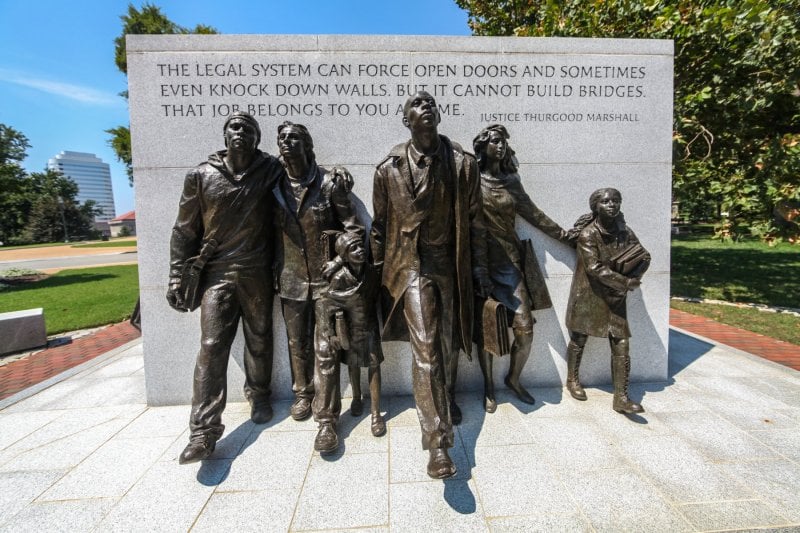History of the Civil Rights Act

Gamers fighting for the legalization of online slots in their state probably only know half of what occurred during the Civil Rights Act.
Let’s examine one of the most historic periods of our country.
The American Civil War
Riding on the coattails of the deadliest battle fought on U.S. soil was a sliver of hope for human rights. General Robert E. Lee surrendered American Civil War Confederate pro-slavery efforts on April 9, 1865. The final surrender occurred on June 19, 1865, in Texas. Slavery in Delaware and Kentucky continued until the Thirteenth Amendment outlawed it on December 18, 1865.
The Civil War left an estimated 620,000 to 750,000 dead soldiers, countless civilian deaths, and southern states’ devastation. The Reconstruction era began once slavery ended, along with civil rights planning for the four million freed slaves.
The Early Civil Rights Acts
The American Civil War aftermath required safeguards for people of African descent born in or brought to the United States. The Civil Rights Act of 1865 claimed people born in the U.S. were legal citizens who could rent, own, buy and sell property. President Andrew Johnson vetoed the measure.
Congress attempted to pass the bill again in 1866, and again it was vetoed by Johnson. The opposition bantered that Congress did not hold constitutional power to enact the law. Congress managed to override the veto, making it law without the President’s approval.
The Fourteenth Amendment granting citizen rights and equal legal protection became law on July 9, 1868. The new law was not embraced, especially by Confederate states. States opposing the amendment were required to ratify as a means to regain seats in Congress.
A final Reconstruction Statute, the Civil Rights Act of 1875, was enacted guaranteeing equality for all. The measure prohibited refusal of accommodation and services based on race. The U.S. Supreme Court determined the act was unconstitutional in the 1883 Civil Rights Cases.
The human rights battle raged, and federal legislation revisited equality in the 1950s. The Fifteenth Amendment of 1870 promising voting rights had encountered snags. Regulations, poll taxes, and red tape stopped African Americans from casting votes.
President Dwight D. Eisenhower secured the Civil Rights Act of 1957 to protect voting rights for all citizens. Many southern state Democrats opposed this new law. U.S. riots, arrests, civil unrest, and protests persisted in the 1960s.
Civil Rights Heroes
- Dr. Martin Luther King Jr
- Rosa Parks
- Dorothy Height
- John Lewis
- James Farmer
- A. Philip Randolph
- Whitney Young
- Roy Wilkins
- Malcolm X
Rights at Last!
President John F. Kennedy presented the landmark Civil Rights Act of 1964 to Congress before his assassination. President Lyndon B. Johnson forged ahead, assuring the bill passed on February 10, 1964. Equality protection has expanded since 1964 to include:
- American Indian Tribes
- Sexual orientation and gender identity
- Fair housing
- Protection for individuals with disabilities
- Women
- Pregnant women
- Families
Are you still fighting for the legalization of online slots in your state? Remember, the American Civil Rights Activists never gave up!